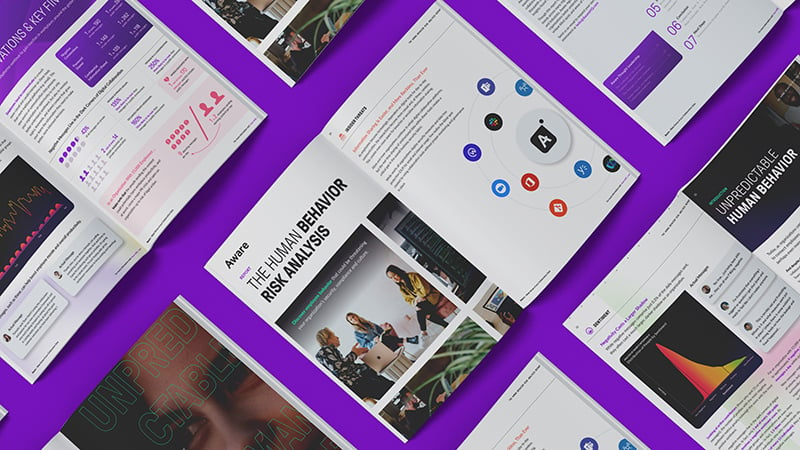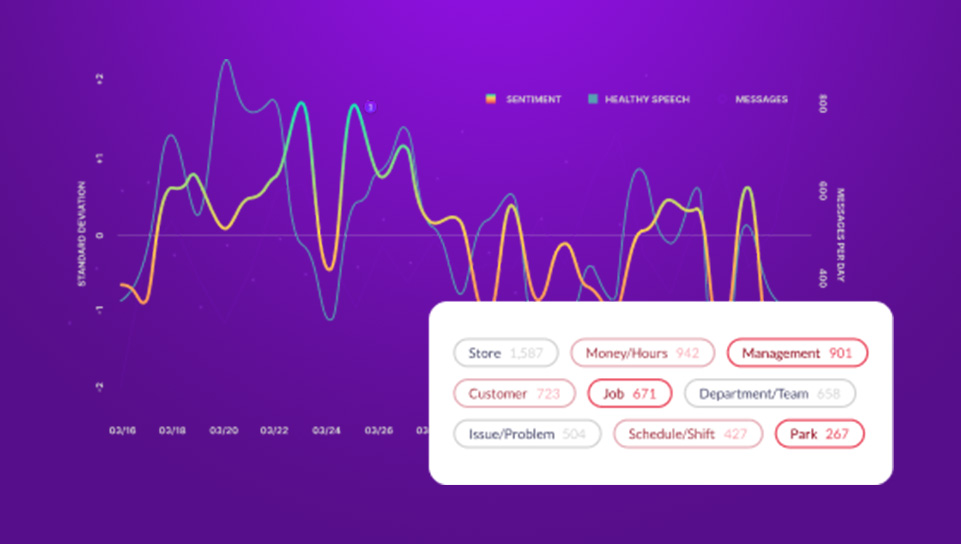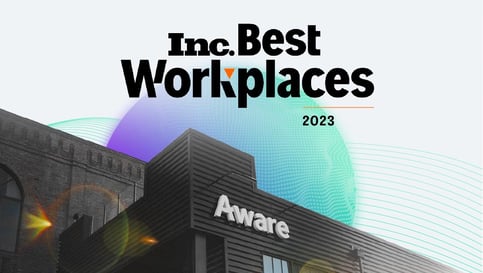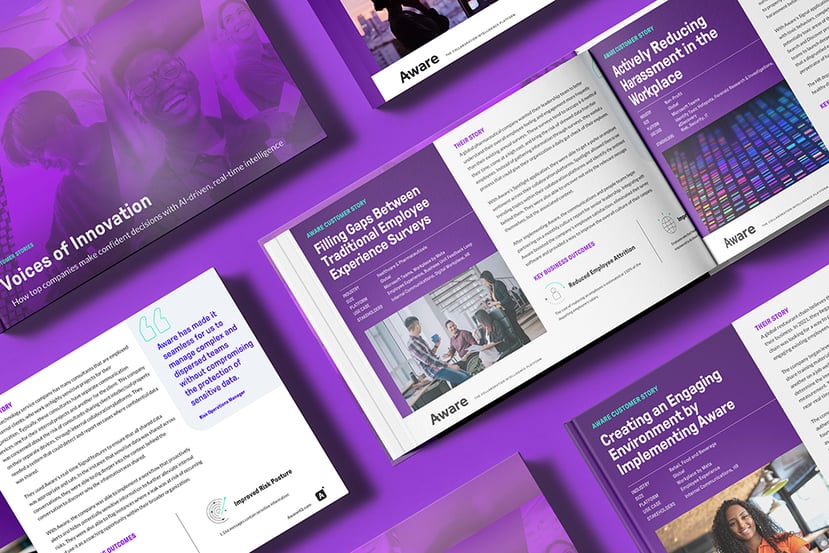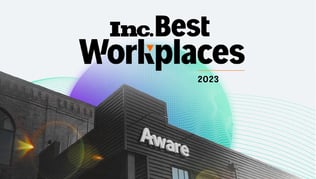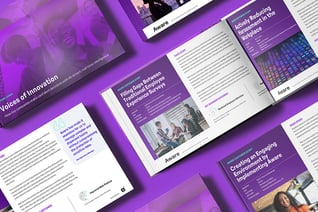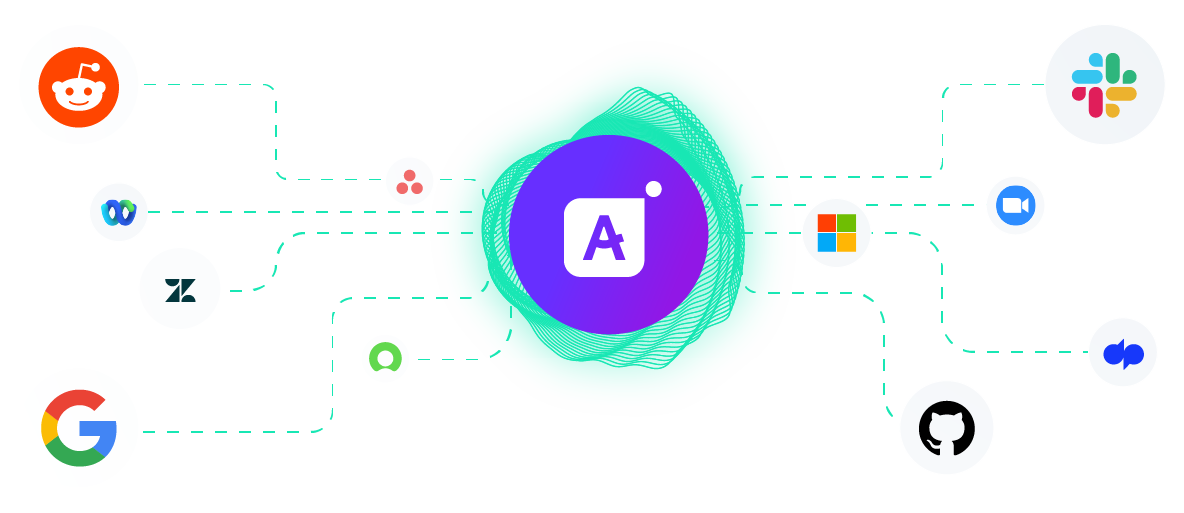5 Unique Requirements of an Effective Enterprise Collaboration Network Archive
by Aware
One of the basic tenants of a comprehensive data management strategy is an effective data archive.
A data archive is a store of data that is built for long time retention and federated search. For some industries (such as financial organizations), archiving is a legal requirement. For others, archiving is a strategy that serves as a protection against legal action.
What are key requirements for enterprise collaboration archiving?
- Preservation of modified messages.
- Preservation of message and relevant context.
- Retention policies to reduce data liabilities.
- Data Hold capabilities to preserve specific assets from deletion (manual or automatic).
- Predictive coding for efficient search and access.
Cloud-based collaboration content is consuming a growing share of workplace communications. The public and private digital content that lives in platforms such as Slack or Workplace from Meta is subject to laws and regulations just like traditional communication forms—such as email.
5 Requirements You Can't Skip When Defining Your Collaboration Network’s Archive:
1. Preservation of Modified Messages
When it comes to risk management, revised content could mask a breach or a legal violation. The ability to search and see content modifications is key to having a comprehensive, robust archive that protects a company’s best interest.
Employees enjoy the ability to audit their own communications. Features such as Edit or Delete come in handy when an employee hits Send too early with a typo or the wrong file attached. Capturing these revisions in real time is essential to building a defensible archive without impacting valuable functionality.
2. Preservation of Message Context
When searching for a specific employee or keyword, the ability to extract the surrounding conversational context is critical for accurate discovery, and evaluation, of relevant content.
A defining feature of digital collaboration is threaded conversations. These can be either one-to-one or in a group of individuals. Without surfacing all the information contained within threads, it’s impossible to gain clear oversight of the entire conversation.
When searching an archive of messages—context is everything.

Preserve your collaboration data now with intelligent archiving from Aware
3. Retention Policies to Reduce Data Liabilities
Because there is a serious cost to hoarding data without a reason, it is best practice to pair any archive with a retention policy. While many collaboration platforms include some native retention functionality, you should consider the unique risk tolerance and records retention requirements of your organization.
The valuable business knowledge contained within collaboration datasets also cannot go overlooked. Establishing granular data retention policies within collaboration datasets helps organizations to extract maximum value from the information it contains while mitigating the greatest risks.
4. Data Hold Capabilities to Preserve Specific Assets from Deletion
Sometimes a legal or compliance hold scenario requires the preservation of specific employee(s) or project(s), for an indefinite period of time outside of an established retention policy.
Given the importance of supplying the context surrounding a piece of content, it is key to preserve that context alongside the specific message in question.
5. AI-Infused Insights for Efficient Search and Access
A big component of what makes an archive effective is the ability to access and export data. Unfortunately, that process is not always efficient. Irrelevant results create bloated datasets that slow down eDiscovery and increase expenses. In fact, the costliest part of eDiscovery is the review process to determine whether surfaced documentation is relevant or irrelevant.
One way to make the search and discovery process less manual is by harnessing artificial intelligence and machine learning technology. These smart models leverage keyword search and filtering to reduce the volume of irrelevant materials that require review—saving time and increasing efficiencies.
All-in-One Data Management, Archiving, and Retention for Collaboration
Aware was built by collaboration leaders for collaboration leaders. The platform seamlessly integrates with leading tools to give organizations the ability to safely, securely collaborate.
Learn more about how Aware’s risk management suite can help your organization proactively build, manage, and search an effective archive for your digital workplace.
